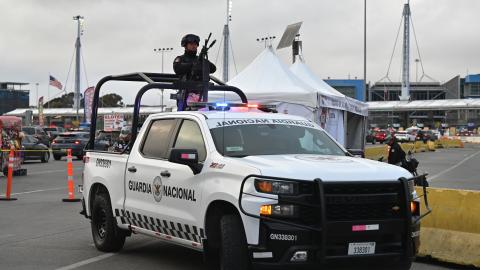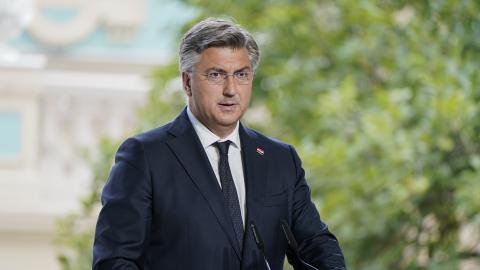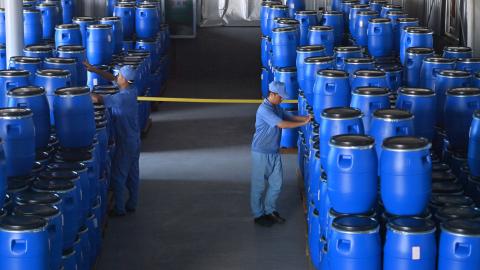The recent drone strikes on Saudi oil facilities have escalated tensions between Saudi Arabia and Iran, and have fueled speculation of how the U.S. will respond to the flagrant attack on an important ally. In the coming days, Secretary of State Mike Pompeo will sit down with Saudi Crown Prince Mohammed bin Salman, while Iranian President Hassan Rouhani plans to attend the United Nations General Assembly in New York—leaving open a broad range of possible responses and repercussions.
For those wondering "what's next?" Hudson Institute's experts frame the challenges ahead for the U.S., Saudi Arabia, and Iran.
Hudson experts weigh in on how the oil field attack will affect U.S. strategy in the region:
Blaise Misztal:
"The U.S. has pursued unilateral sanctions, confident that, with time, they would change Iranian behavior. Iran’s latest attack is meant to shake U.S. commitment to this response. Instead, it presents an opportunity for the U.S. to build broader coalitions across the Middle East, Europe, and Pacific that will bolster regional defenses and increase pressure on Iran."
Eric Brown:
“American strategists must first recognize that the Islamic Republic of Iran’s unelected rulers are making their once great country into a vassal of the world's most malevolent anti-Muslim power, the Chinese Communist Party. "
Michael Watson:
"Neither President Trump nor Congress want a prolonged conflict in the Middle East, and the oil price has not increased enough yet to force them do anything. Meanwhile, Khamenei publicly ruled out negotiations, so there is little chance of a breakthrough at the UN General Assembly. Slow escalation is likely."
Mike Pregent:
"Whether the attack was launched by the IRGC or a proxy, Iran is responsible. The Houthis claimed credit for the attack in an attempt to hide this new front against Saudi Arabia. The U.S. will continue to increase the defensive capabilities of our allies, present intelligence to the international community, and apply maximum pressure. This is what war with Iran looks like, and their goal is to increase these provocations until Europe caves."
WATCH: U.S. Sen. Ted Cruz on Interventionism vs. Isolationism -- Senator Cruz joins Hudson to discuss the GOP's different schools of foreign policy and the Administration's strategies to neutralize the risks of a nuclear Iran.
READ: U.S. Sanctions, and Iran Sanctions in Particular, Are Just -- Rebeccah Heinrichs explores the humanitarian issues surrounding U.S. sanctions against Iran and just war considerations of proportionality.
LISTEN: The Realignment Podcast: Mike Doran on the Failures of the Foreign Policy Elite -- Michael Doran joins The Realignment to talk about neocons, Ivy League utopianists, and other members of the foreign policy establishment that have struggled to establish a viable Middle East strategy.

















